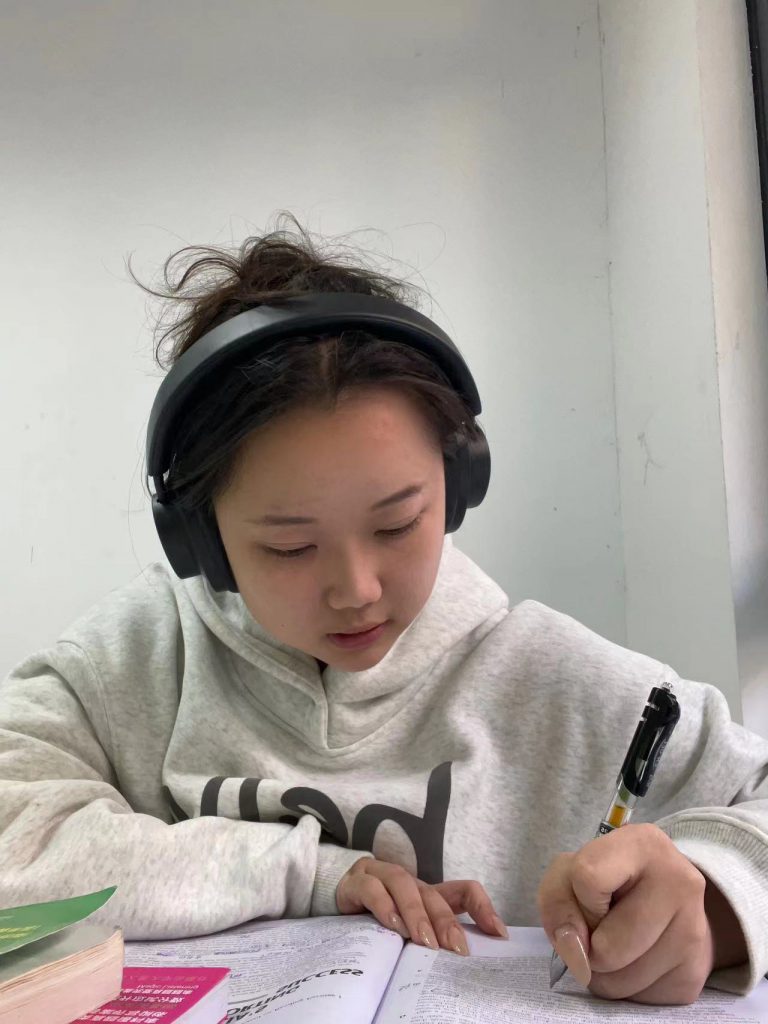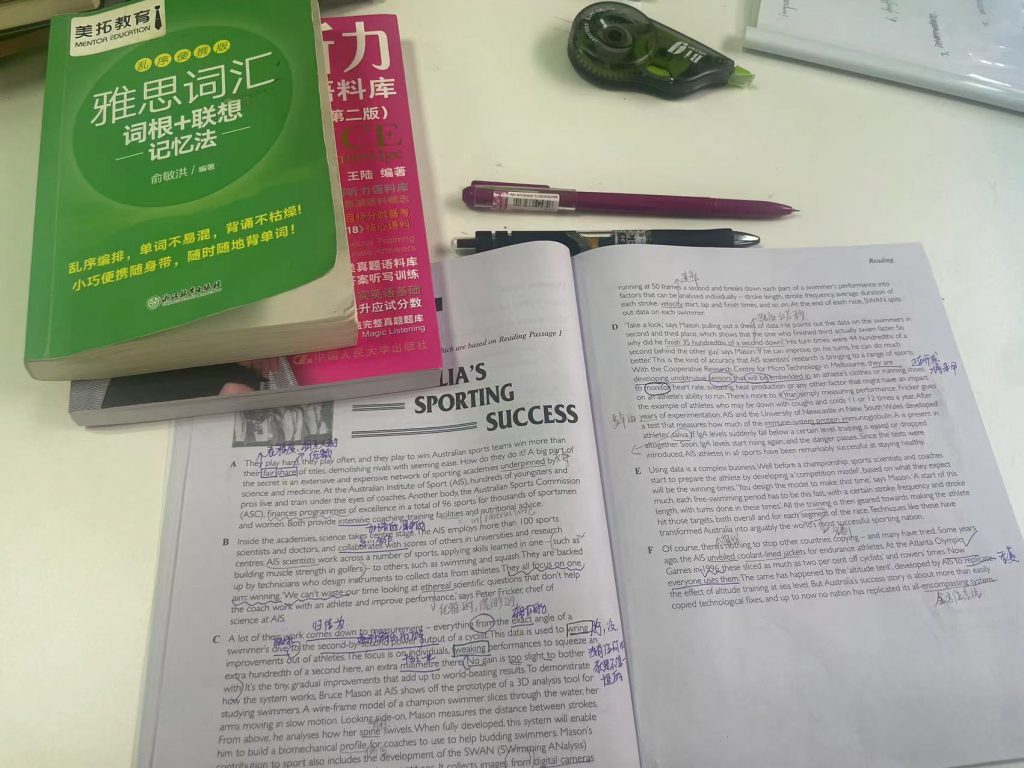Chinese fresh graduates desperate for jobs turn to overseas postgraduate programmes in the hope that they could land better jobs.
By Cynthia Hu
University student Luo Qinyu, from China’s eastern Zhejiang Province, is planning to pursue her master’s degree in Australia or Macau due to the gloomy labour market in China.
The Year Three student observes that more and more Chinese university students choose to study abroad as finding jobs in the country is not easy.
“Rather than joining the job market, many fresh graduates prefer to enter the government or study abroad. Among all options, studying abroad is the least stressful choice,” Luo says.
“I even heard that a student paid RMB ¥12,000 (US $1680.91) to intern at Ogilvy, an advertising company, for two months,” the 21-year-old student says.
According to the China’s National Bureau of Statistics (NBS), the unemployment rate among Chinese youngsters aged 16 to 24 in urban areas reached 21.3 per cent in June 2023. The rate has been constantly increasing throughout the year and the NBS announced such data would no longer be released from July 2023 in order to “further improve and optimise” the labourforce statistics.
“It’s really difficult to find a job now. I have submitted many resumes and only found an internship as an online Chinese teacher, which doesn’t fit in my major,” the business-major student says.
Luo admits that the difficulty in landing a job is one of the reasons why she wants to study abroad.
“The job market is very competitive now. It is difficult to find a good job without outstanding academic performance,” she says.

Yan Liu, a 23-year-old student from another eastern province Jiangsu, has also decided to study abroad after five months of job hunting.
“I graduated in June and found that I cannot find a job with a salary that is higher than RMB ¥12,000 (US $1680.91),” the English-major student says.
“My parents believe I cannot find a well-paid job because I do not have a postgraduate degree ,” she adds.
Liu consults an overseas education agency about her study plan.
“Studying abroad can help me find a good job. The agency suggests that I study in the UK or Australia,” Liu says.
“My family can afford the cost of my study plan. They have prepared around RMB¥500,000 (US $69,667.00) for me,” she adds.

Thelma Li, an IELTS consultant at the English tutoring school New Channel, which also helps students file applications to universities overseas, observes that there is an increasing number of students studying abroad.
Li points out that the high unemployment rate in China contributes to the growing number of students seeking help from the institution for studying abroad.
“There are many fresh graduates who come to our institution to apply for universities overseas because they cannot find jobs. Most students who choose to study abroad are from well developed places such as Shanghai, Beijing, and Zhejiang. They hope that a graduate degree from overseas universities can secure them better job opportunities,” she adds.
Li says some parents may choose not to send children abroad due to safety concerns during the COVID-19 pandemic, but the situation is different now.
Professor Henry Kwok Yan-shing, from the Department of Educational Administration and Policy at the Chinese University of Hong Kong, points out that graduates from top universities overseas usually find it easier to get a job.
“Getting a master’s degree from universities overseas might help in finding work. By the time these students return to China, they might be in a better position than other Chinese students in the labour market,” Kwok says.
“Graduates from top universities are usually top earners in the labour market,” he adds.
Kwok points out that more people want to study abroad to improve their professional skills when the unemployment rate is high.
“During an economic downturn, it makes sense for people to upskill themselves so they may stand a better chance in the labour market. If someone cannot find work in China and can afford to study overseas, studying abroad is an opportunity for these people,” he says.
He adds that postgraduate studies should be related to the type of work that the student desires.
“There should always be a valid, job-related reason for postgraduate studies. It’s beneficial for students to have some work experiences that align with their knowledge,” he says.
Kowk reminds that students should have a clear goal for studying abroad.
“Students need to know why they want to study overseas and whether the programmes they choose match their interests,” he adds.
Sub-edited by Kossy Chen







































